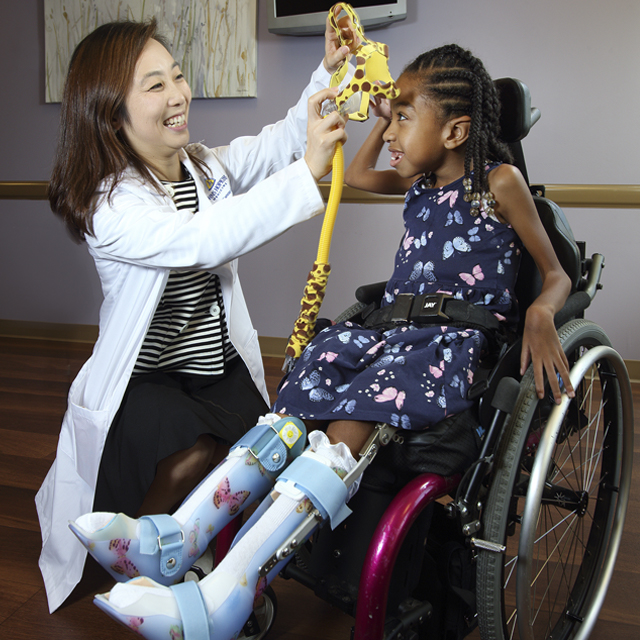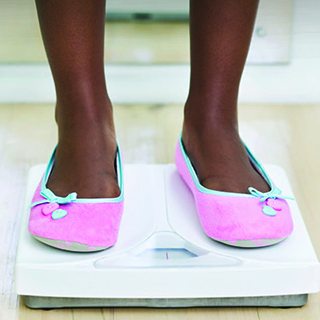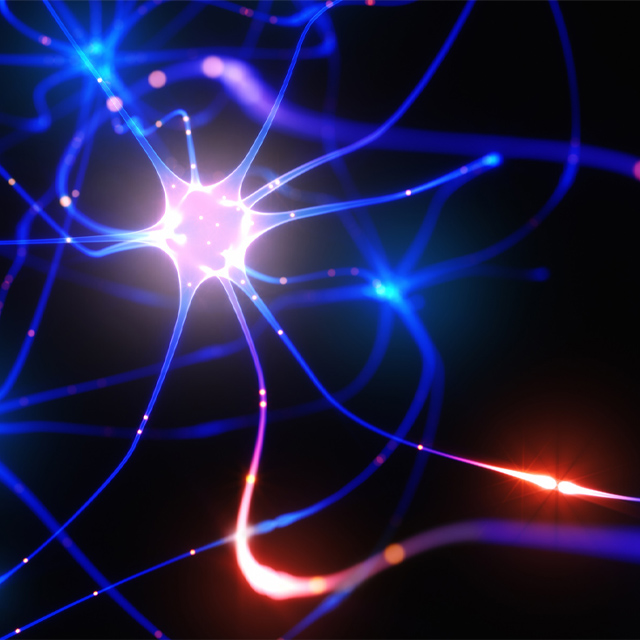Short: A Rare Treatment for Sleep Apnea
“This approach liberates them from being attached to a CPAP machine at night, and it gives them peace of mind that their disease is being adequately treated. We’re pleased to add this to our toolbox for treating sleep apnea.”
—Johns Hopkins otolaryngologist–head and neck surgeon Kevin Motz describing the hypoglossal nerve stimulator, a device (placed via a minimally invasive procedure) that stimulates the hypoglossal nerve in time with each breath, pushing the tongue out to open the airway. Data from the device maker shows that it significantly reduces patients’ apnea-hypopnea index (AHI), with those with the highest AHIs receiving the most benefit. The treatment is now offered at Johns Hopkins as part of its growing sleep surgery services and is available at only a few institutions across the U.S.



